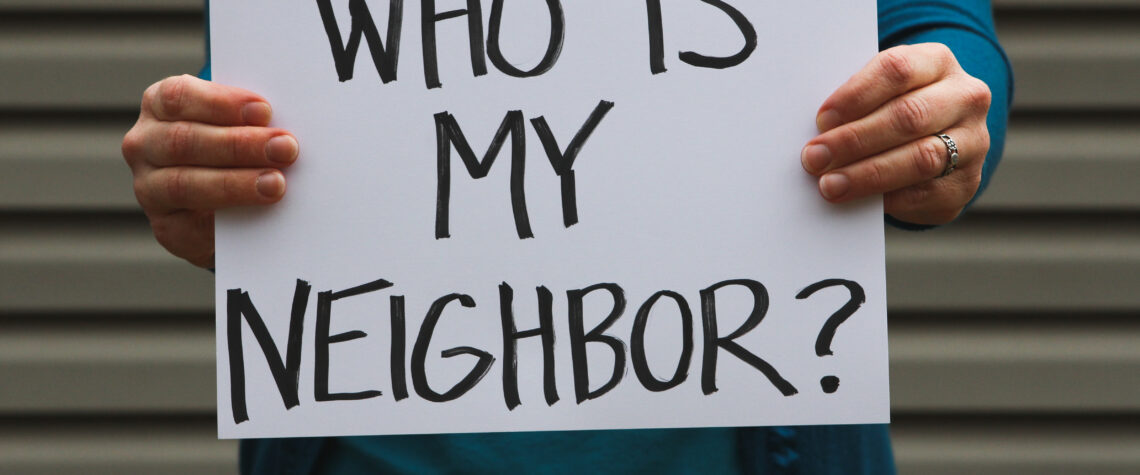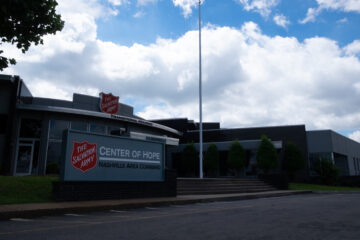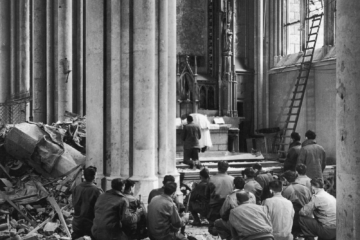A little over two thousand years ago a story packed with examples of the Power of the Wisdom on Three was told as an answer to a simple four-word question; “Who is my neighbor?” This question was posed as a clarifying point to a spiritual law; one of the natural laws of civilized societies. In Christian circles the law is called the First and Greatest Commandment. To philosophers and solutionaries it is called the Trinity of Selfless Love. Simply stated, in order to live a peace filled existence one must love their God with their whole mind, body and soul; and love their neighbor as their self.
The story that was told in reply to that question is solely responsible for countless societal changes throughout the centuries. Today, if we were to see someone laying, hurt in the street, our first action would be to call 911. That one action would put into motion a flood of goodwill that did not exist at the time of the original narrative. First responders, hospitals, insurance, orphanages, soup kitchens, homeless shelter and many other services were all a direct creation of the premise taught in that short tale. We should each care for those who are in need of physical help, but the story uncovers many deeper societal injuries as well.
The audience were the residents of a wealthy and prominent city of the time. The setting was one of the entry ways into the city; a well-traveled, yet prone to violence, thoroughfare. One of the main characters of the story was a man who was robbed, brutally attacked and left for dead on the roadway. The first two people who happened to pass the crime scene did nothing to help the man, thinking he was already dead. These two people were described as holy people and due to the religious customs of the times, they were not to touch dead bodies at the risk of becoming “unclean”. In other words, to the listeners, the two bystanders would have been justified, doing nothing wrong by just walking around the man lying in the street. The third character was identified as a Samaritan, an outsider, a person from a neighboring town inhabited by people who were looked down upon because of their differing beliefs. Of all people, it was the Samaritan who stopped and found the man to be alive. He cared for his wounds the best he could, physically carried him to an Inn, stayed with him over night, arranged and paid for the follow up care for this total stranger while making sure that any further bills would be paid if more were outstanding. Then, to end the story, this accomplished storyteller, wanting the audience to think, ended the parable with another question; “Who was neighbor to the beaten man?”
We each are called to love one another. Not only when people agree with our beliefs. Not only when they follow the letter of the “law”. That is what makes this story eternally relevant. We can see ourselves in each character. No more superior than any and probably equally as guilty of ignoring the law of love.
Would not our world be a much better place if we all strove to be a good Samaritan to every neighbor we encounter?
If this is my last post, I want all to know there was only one purpose for all that I have written; to have made a positive difference in the lives of others.
First written July 19, 2019 by Anthony “Tony” Boquet, the author of “The Bloodline of Wisdom, The Awakening of a Modern Solutionary”














